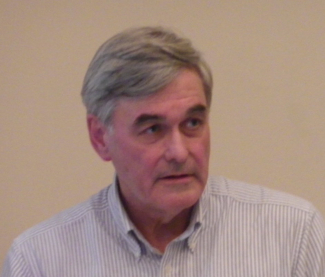He spend 5 years (1979-1984) at the Royal Observatory Edinburgh before moving to the Institute of Astronomy at the Univ. of Cambridge, where in 2000 he became Professor of Experimental Philosophy, FRS. He has been Scientific Coordinator of Opticon, the EC Optical Infrared Coordination Committee for Astronomy and more recently the Opticon-Radionet-Pilot. He is the UK PI of the Gaia data processing and analysis consortium; Co-PI of the Gaia-ESO Public Spectroscopic Survey. For his research he was also awarded an ERC Advanced Grant. Professor Gilmore has received numerous awards and recognitions for his contributions to astrophysics including: Fellow of the Royal Society (2013), Fellow of Academia Europaea and Institute of Physics, Honorary Fellow of Royal Astronomical Society NZ (2016), recipient of the Chalonge Medal (2013) and the De Vega medal (2015). As of 2023 he is Emeritus Professor of Experimental Philosophy.
In 2023 he was elected as lifetime Honorary Fellow of the Institute of Astrophysics - FORTH.

